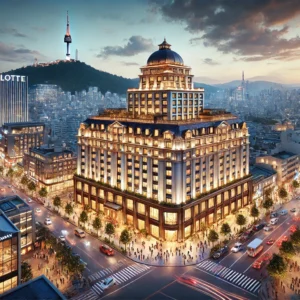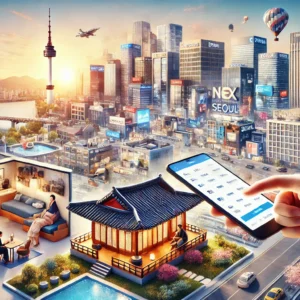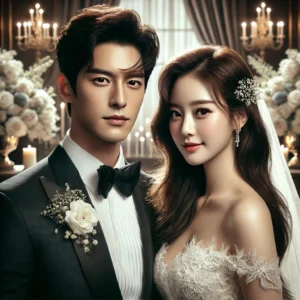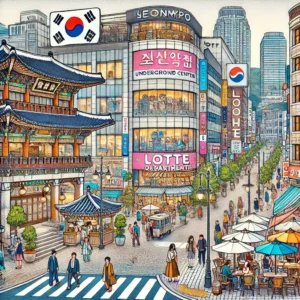
Traditional Matchmaking: A Foundation of Societal Norms
Historically, marriage in Korea was not just a union of two individuals but a merging of two families. Matchmaking, known as ‘Sogaeting’, played a pivotal role. These matches were often arranged by parents, where considerations of social status, family background, and even astrological readings were crucial. ‘Sanggyeonrye’, the formal meeting between the two families, was a cornerstone of this process, emphasizing the significance of family consent and societal approval.
The Influence of Confucian Values
Confucianism, deeply ingrained in Korean culture, shaped marriage as a fundamental institution. It emphasized hierarchical relationships, filial piety, and the importance of lineage preservation. These Confucian ideals, while not as prevalent today, laid the groundwork for the respect and roles expected within Korean marriages.
Modern Dating: A Shift to Personal Choice
In recent decades, Korea’s rapid modernization and Western influences have led to significant changes. Young Koreans now enjoy greater autonomy in choosing their partners. Dating practices such as ‘Blindeu Deiteu’ (blind dates) and ‘Miting’ (group hangouts) have become common, allowing individuals to interact in less formal, more personal settings.
The Role of Technology in Dating
Technology has revolutionized dating in Korea. Dating apps like Amanda, Noondate, and Tinder are widely used, offering new avenues for connection. These apps cater to various preferences, from casual dating to serious relationship-seeking individuals, signifying a more open-minded approach to dating and relationships.
The Shift in Marriage Perspectives
There’s a noticeable shift in attitudes towards marriage in Korea. The traditional rush to marry in one’s early twenties has lessened. Factors like career aspirations, financial stability, and personal fulfillment are now prioritized. This shift is evident in the rising average age of first marriage and the increasing acceptance of remaining single.
Balancing Tradition and Modernity
Despite these changes, many Korean couples still honor certain traditions. The ‘Paebaek’ ceremony, where the couple pays respect to their families, is often integrated into weddings. This blend of old and new reflects Korea’s ability to balance deep-rooted traditions with contemporary societal shifts.
Love and Marriage in Korea: Conclusion
The journey from traditional matchmaking to modern dating in Korea is a testament to the nation’s adaptability and evolving cultural dynamics. While embracing modernity and individualism, Koreans maintain a respectful nod to their rich heritage. This balance not only shapes their approach to love and marriage but also mirrors broader changes in Korean society.
Breaking Stereotypes: How Modern Korean Couples are Redefining Marriage










